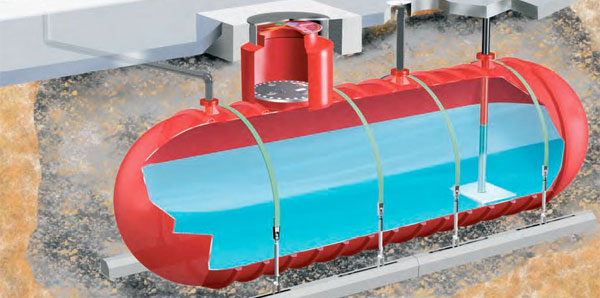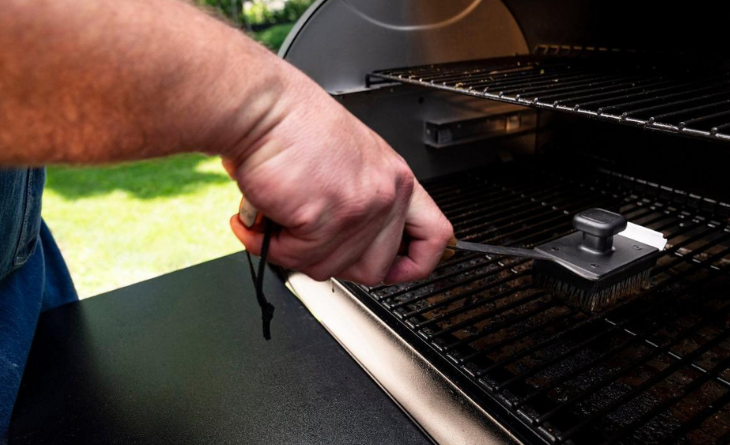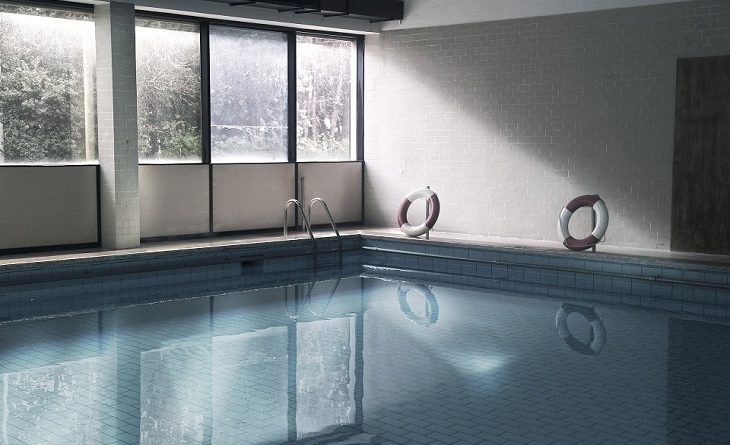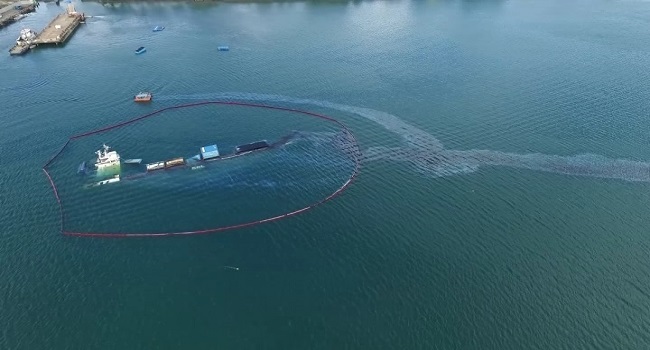
An underground water tank is any tank that is connected to underground piping and has at least one-tenth of its water volume below the ground. These types of tanks are excellent for people who want to maximize the use of their available space in their property. Saving space is a result of installing the tank below the ground to free up the area above for lawns and driveways. Installing an underground water tank will free up space for use for other more useful purposes.
What do you need to consider when choosing an underground water tank?
1. What type of water you want to store
You can use an underground water tank to harvest rainwater for home use or irrigation. On the other hand, the tank can be used for industrial purposes where wastewater from a factory is drained into the tank. A tank that stores wastewater needs to have insulation to avoid corrosion by chemical components collected in the industrial process.
Also, instead of a farmer purchasing large plastic water tanks, they can construct an underground concrete tank as it a more permanent solution and can also hold many litres of water. A concrete water tank requires minimal to no maintenance, which makes it an ideal choice for long term purposes.
2.Type of Tank
There are different types of underground water tanks that you can choose. The most common types are plastic, metal and concrete tanks. When storing water for home use and there is enough space, a concrete tank is suitable as a long-lasting solution. It’s also versatile as it can extend to any size and assume any shape. Moreover, a concrete tank keeps stored water cool despite high temperatures above the ground.
Plastic tanks are available in various sizes. You can purchase a large one or a small one depending on your preference. On the other hand, concrete tanks involve a lot of work and money making it economically insensible to construct a small one.
Metal tanks perform exceptionally well as underground storage tanks. They hold water much better due to their ability to manage pressure below the ground. The disadvantage of metal tanks is that they undergo corrosion and rusting when exposed to water that contains chemicals such as those found in industrial wastewater.
3.Duration of Residence
You should consider the time you intend to stay at your current residence when purchasing an underground water tank. If you will only be there for two or three years, installing a concrete tank is not advisable. A plastic tank would be a better choice as you can excavate it and move it to another location when it’s time to relocate. Concrete tanks should be installed by property owners or farmers with vast tracks of land to irrigate as they can hold a lot of water for long-term use.
4.Type of Soil on your Property
Some types of soil retain water for long. In such areas, installing a metal tank would be a bad idea as water can seep through the seams. The process will contaminate your water and make it unsuitable for home use. On the other hand plastic and concrete tanks are impermeable.
Water harvesting and wastewater storage can be done efficiently using underground water tanks. Consult your nearest storage tanks store for more advice on water tanks.
Read Also:





